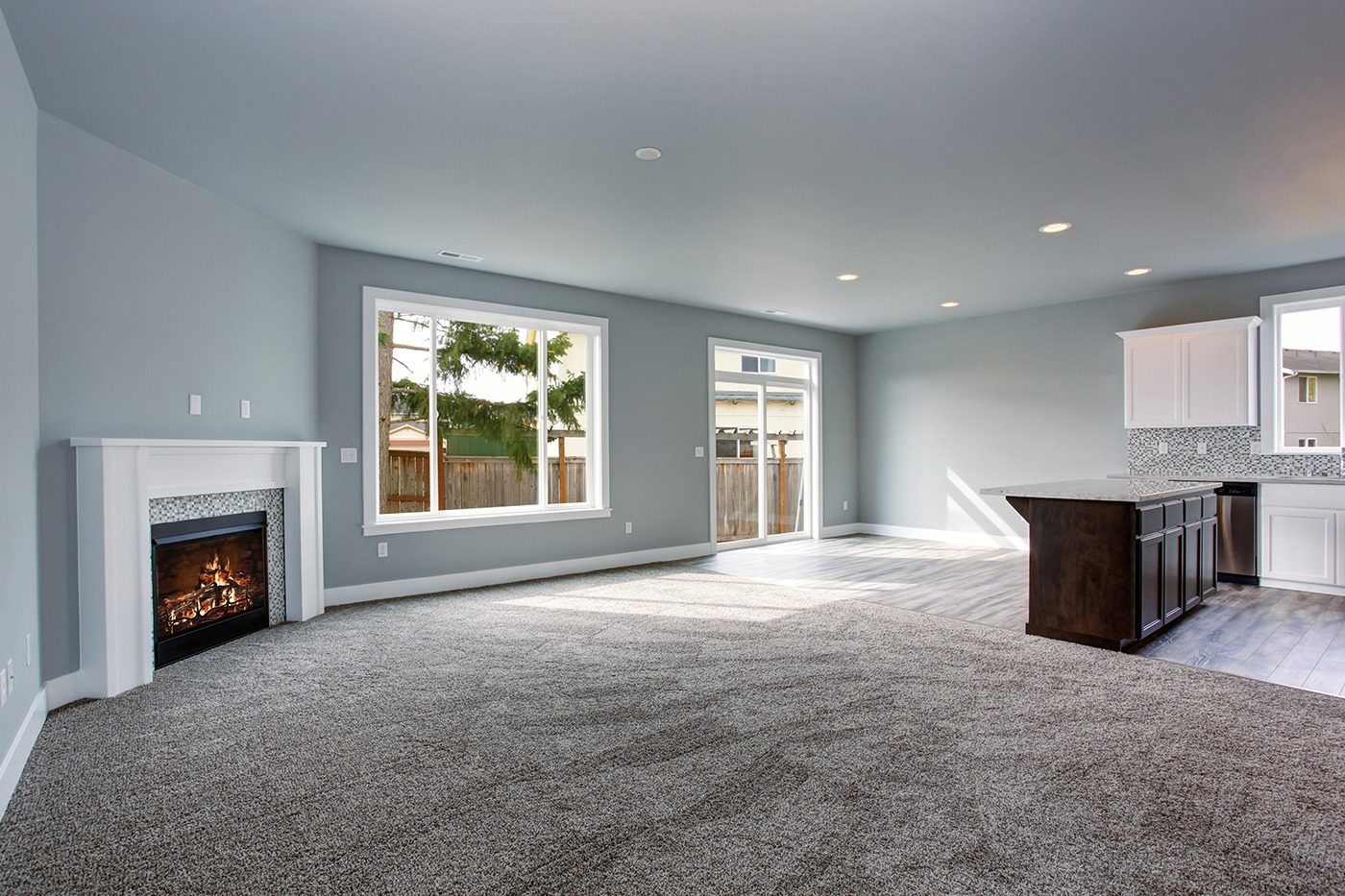
The interior of the home includes all the various rooms and related items, which are not covered in other aspects of your home inspection on the interior of the dwelling. Some items may overlap such as bathrooms and plumbing, rooms and electrical, and so on.
The professional inspector will go through each and every room including all visible and accessible areas of your new home. This is a very important part of your home inspection because symptoms of larger problems are often visible in the various rooms of your home. Settling can be noticed in the floors and walls. Roof or plumbing leaks may be noticed on the ceilings. Poor quality workmanship on mechanical distributions such as outlets and heat convection may be visible. Your inspector will go through each room making notes of relevant defects. Although most cosmetic items, such as worn paint and old carpeting, are not important, they often indicate a general lack of maintenance in the home.
Very few homeowners may have badly worn carpet and peeling paint, but they have maintained the much more expensive mechanical and structural components.
When a home is in need of a lot of cosmetic work your inspector has already seen a red flag. Recently performed cosmetic work is also carefully inspected to try to determine if it has been done to conceal deeper, more extensive problems. An older home with brand new carpet and paint throughout is often a home that was neglected until resale. Very often the sellers are advised or take it upon themselves to cosmetically repair and upgrade as much as possible to increase the value and curb appeal of the property. Usually these upgrades are done with cost effectiveness in mind and may also be an attempt to mask major problems.

